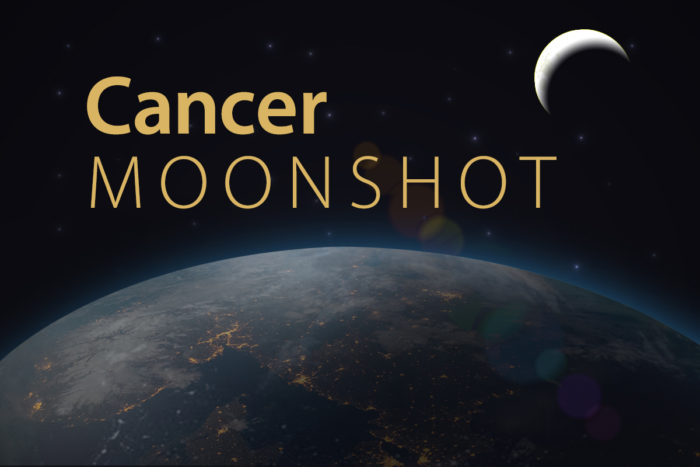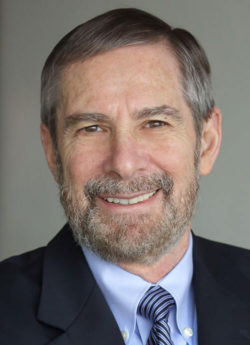National Cancer Institute acting director to visit Medical Campus on Friday, Aug. 5
Douglas R. Lowy, MD, will discuss National Cancer Moonshot Initiative
 Sara Moser
Sara Moser Douglas R. Lowy, MD, acting director of the National Cancer Institute (NCI), will visit Washington University School of Medicine in St. Louis on Friday, Aug. 5, to discuss the National Cancer Moonshot Initiative. The national effort, aimed at maximizing federal, industry and philanthropic investments in cancer research and advancing cancer care, involves Washington University researchers at Siteman Cancer Center.

Faculty, students and staff are invited to attend Lowy’s talk, from 8:15-9:15 a.m. in the Holden Auditorium at the Farrell Learning and Teaching Center.
The NCI is the principal federal institute that funds cancer research.
“The NCI is vital to our cancer research and clinical efforts,” said Timothy J. Eberlein, Siteman’s director and the Bixby Professor of Surgery and head of the Department of Surgery at the School of Medicine. “We are excited about Dr. Lowy’s visit and look forward to hearing from him about the Moonshot initiative and sharing with him some of the advances we’ve made with the NCI’s help.”
Two Washington University researchers are Moonshot advisers:
• Robert Schreiber, PhD, the Alumni Endowed Professor of Pathology and Immunology, director of the Center for Human Immunology and Immunotherapy Programs and co-program leader for tumor immunology at Siteman;
• Graham Colditz, MD, PhD, the Niess-Gain Professor of Surgery, deputy director for the Institute of Public Health and associate director of prevention and control at Siteman.
The initiative relies in part on the recommendations of seven working groups comprised of leading cancer experts. The groups will consider input from cancer researchers and the public and ultimately will recommend high-priority scientific areas to support that could lead to scientific breakthroughs.
Schreiber is part of the Cancer Immunology and Prevention working group, which will consider new methods of treating cancer that increase the strength of a patient’s immune responses against tumors. Colditz is part of the Implementation Sciences working group, which will consider methods for more effectively sharing information about new approaches for cancer prevention, risk assessment, screening, prognosis, treatment and survivorship.
The seven working groups also include those focused on pediatric cancer, early detection, tumor evolution and progression, expanding clinical trials and improved data sharing. The groups are to send detailed findings and recommendations to the National Cancer Advisory Board (NCAB) by late summer. Members of the NCAB include Timothy Ley, MD, the Lewis T. and Rosalind B. Apple Professor of Medicine at the School of Medicine, associate director for cancer genomics at The McDonnell Genome Institute and a research member at Siteman.
Lowy was appointed acting director of the NCI, the principal federal institute that funds cancer research, in April 2015. He had served as NCI’s deputy director since 2010. Lowy‘s research interests include the biology of papillomaviruses and the regulation of normal and neoplastic cell growth.
In 2015, the NCI awarded Siteman an “exceptional” rating, the highest possible by the institute, based on a rigorous review of research programs.






